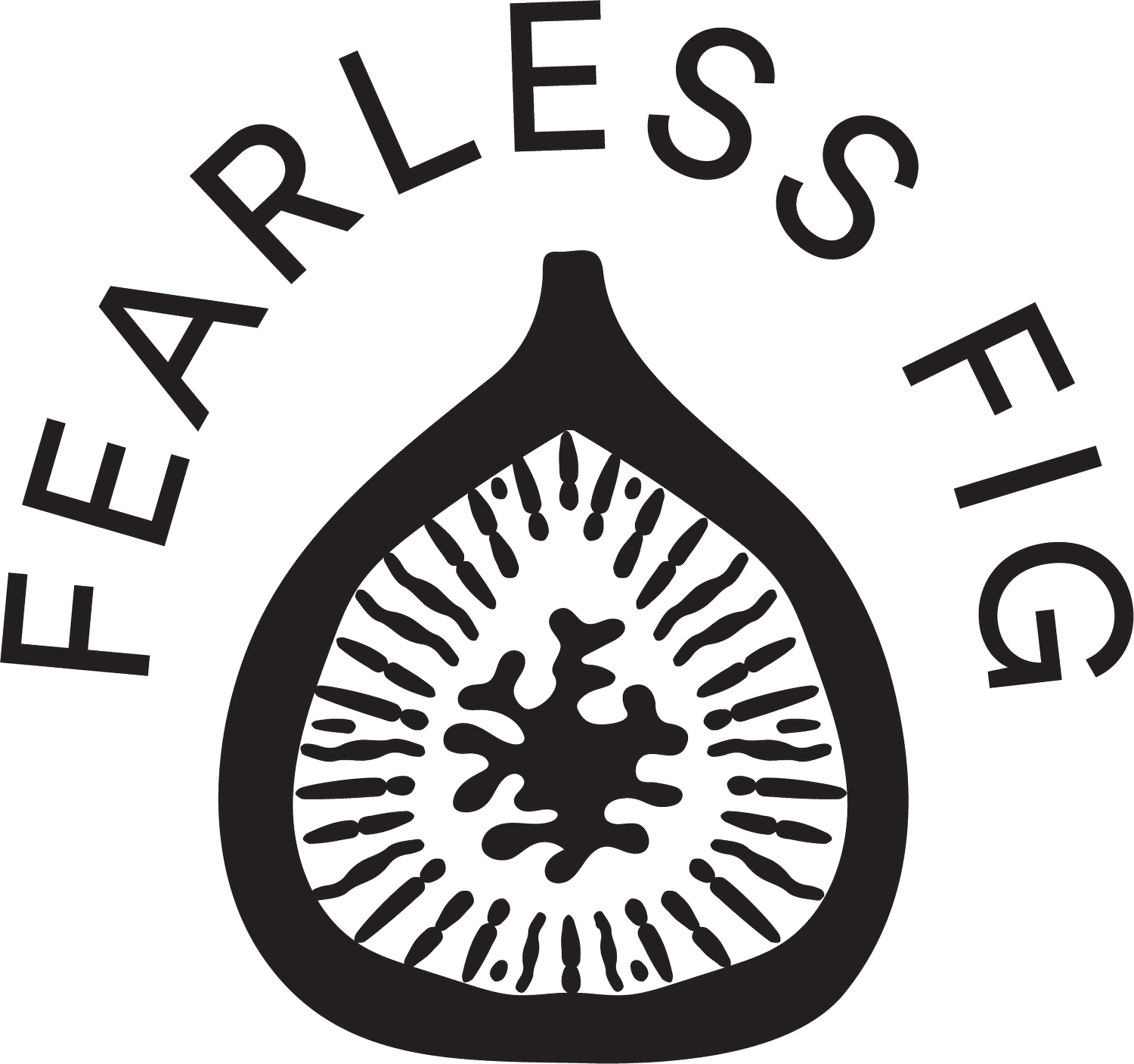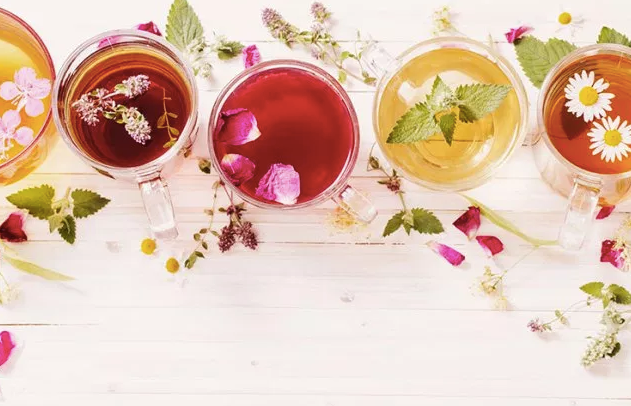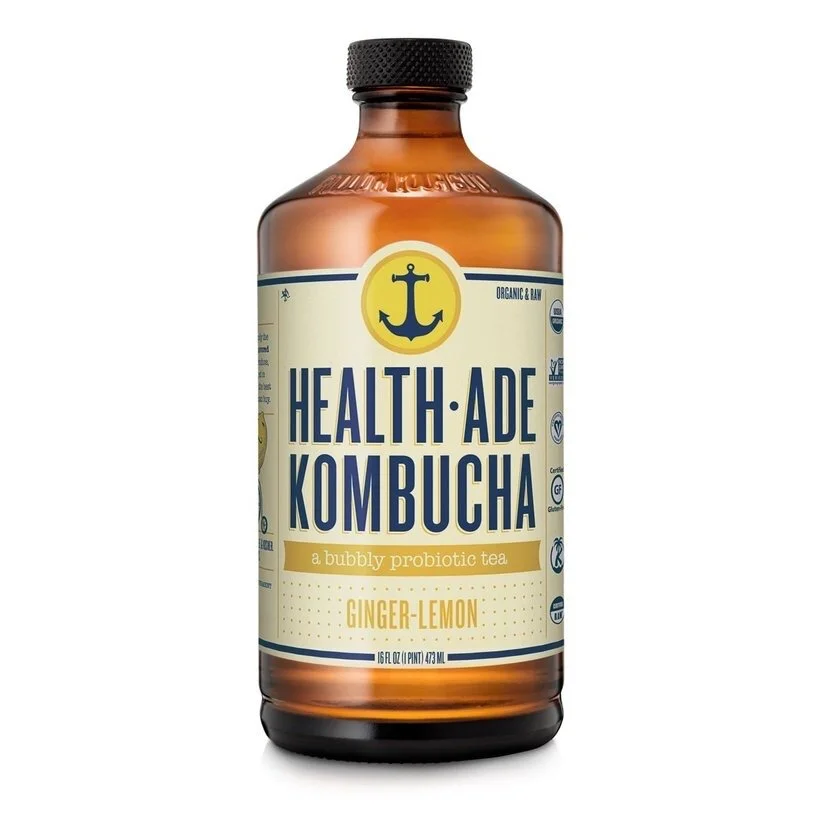Which Kombucha Reigns Supreme?
Is Kombucha healthy? A question I am asked frequently. My answer: Sometimes! It’s important to include fermented foods in our diet, but it’s also important to keep added sugar to a minimum (even though a lot of the sugar in kombucha is converted into alcohol, glucose, fructose and acetic acid). Fermented foods contain probiotics that can help decrease bloating but drinking carbonated liquids can increase bloating. No wonder this can be so confusing. If that wasn’t enough kombucha can vary so significantly from brand to brand that it is very important to understand how to pick the best ones. I picked up a couple of common boochies to help you understand how to navigate.
Kombucha was ranked based on the following criteria:
Total added sugar
Bacterial strains
Additives
Lets see how they ranked!
1. Revive Kombucha (Lemon Refresher)
I chose this as my number one because it has a very low sugar content! Only 3 grams of sugar per serving, or 4.5 grams per bottle, which is much lower than the others. It uses white tea as its base which is lower in polyphenols so less benefits there, but you also get l-lysine, raw lemon juice and Vitamin C which can help boost immunity. Their website also says that they source certified organic, fair-trade, non-GMO certified ingredients. I approve!
2. GT's Kombucha (Lemonade)
This one uses a mixture of spore forming and non-spore forming probiotic cultures which are conveniently listed on the bottle, so points there! Spore forming probiotics are a more shelf-stable to ensure the good bacteria make it alive to your gut to do their thing. It uses black and green tea as the base, which are both high in polyphenols. I also like that they use real lemon juice for flavoring and kiwi juice as a sweetener. That said, it has 6 grams of sugar per serving or 12 grams of sugar per bottle which is more than some of the others.
3. Brew Dr. Kombucha (Ginger Lemon)
This organic kombucha is fermented in green tea which is high in polyphenols. Polyphenols are good because they can help reduce inflammation in the body. They also include cayenne pepper and ginger in their recipe which are powerful antioxidants. The bottle doesn’t list the specific strains of probiotics so it’s hard to tell what the probiotic benefits are. As for sugar content, it contains 5 grams of sugar per serving, or 10 grams in the bottle.
4. Health-Ade Kombucha (Ginger Lemon)
Fun fact: this brand was developed by a dietitian! They’re also a favorite in the HUM offices. Nutritionally speaking, this recipe is fermented with black and green tea (again both rich in polyphenols). The combination of lemon and ginger is excellent for gut health and immunity, and I love that they include real cold-pressed juices of both ingredients as opposed to an extract or flavoring. Each serving contains 7 grams of a sugar for a total of 14 grams of sugar per bottle.
5. The Bu Kombucha (Lemon Ginseng)
This one uses green and guayusa tea – the latter of which is known for it’s stimulating effects. Organic ginseng is great for memory and brain health, and they actually list the amounts of live strains at the time of bottling which is really helpful. From that, we can see they include bacillus coagulans which is a spore forming probiotic that has a much slower die-off rate for more benefits. Still, I ranked this one a little lower for including agave along with cane sugar. Agave is higher in fructose which is processed through the liver. This isn’t necessarily bad on its own, but if you already have a diet high in sugar this can tax the liver. Each serving contains 5 grams of sugar, or 10 grams per bottle. Lastly, this contains lemon flavor – not to be confused with actual lemon juice.
6. Better Booch (Citrus Sunrise)
They didn’t have a lemon flavor available so we had to make do with a comparison to their next closest flavor: grapefruit, sage and pu-erh tea. Pu-ehr tea is interesting for because the tea is fermented itself. Making kombucha with pu-ehr tea adds a second level of fermentation, so it’s possible there’s a greater diversity of good bacteria. That said, without the specific strains listed, it’s hard to tell. Also, I prefer a glass bottle to metal cans as metal cans sometimes contain BPAs which may disrupt hormonal health. It’s a bit lower in sugar with only 5 grams per serving, or 10 grams per bottle.
7. Kevita Master Brew Kombucha (Citrus)
I like that this is organic! It also contains 2 different varieties of spore forming probiotics which is good for your gut. But at 8 grams of sugar per serving, or 16 grams per bottle, it’s the highest in sugar in our batch. It also lists natural flavors in the ingredients. For now, there are no regulations on natural flavors so its hard to know what those actually. They also list cane sugar and stevia in the ingredients. The stevia makes it sweeter tasting than it really is, which I personally don’t think there’s need for. Finally, it’s made with black and green tea extracts which are not as potent as the actual tea itself.
The Verdict?
Kombucha can be a healthy addition to a diet, just make sure you pick one that is not loaded in sugar. It's not something you should drink everyday and if you are having bloating or digestive issues, I would suggest pausing on your intake and switching to a fermented food without so much carbonation or taking a probiotic.
Do you have a favorite Booch, one that is not one the list??
#kombucha #thebestkombucha #rankedkombucha #fermented #fermentedfoods #soilbasedprobiotics #probiotics









